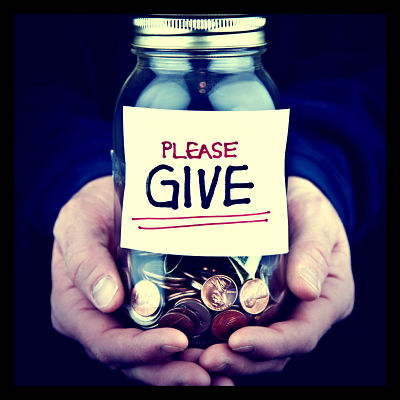3 Rules of Smart Giving

Can someone really be wrong when he or she decides to give to charity? There is no concrete answer, but sometimes certain types of giving can do more overall good than others.
Eric Friedman, an actuary and philanthropist, argues that there is a right and wrong way to give, and many people are doing it wrong. Today’s generation of givers prefers to become more deeply involved in their philanthropy, for example, by mentoring young people, creating a foundation, or asking to learn exactly what good their money did when they donated to an organization. While this philanthropic trend is positive, Friedman claims that people still need to be smarter when it comes to giving by focusing on these three areas:
- Consider global problems and weigh them against your personal priorities. Maybe you feel drawn to give your income to a group that is close to your heart, such as your college or a sports team. First, though, consider how far your money will go with those organizations compared to how many homeless or hungry people you could help with that same money. It’s certainly not that personal causes don’t matter, but your donation may not make as much of an impact as it would for other global causes.
- Do some research to find out which charities have the most effective philanthropic programs. Friedman suggests using websites such as givewell.org and givewhatwecan.org, both of which help donors find the charities that give you the most bang for your buck, enabling you to help the most people possible.
- Investigate the organization to which you’re giving before donating. Only 35% of donors do any research about the charity to which they give their money, and just 9% do more than two hours of research about the organization. Donating money is an investment that people should not take lightly, and knowing exactly what the charity stands for and how they plan to solve problems is half the battle.
If Friedman is correct, this type of smart giving could make a much more significant impact when it comes to issues like global poverty and world hunger.
– Katie Brockman
Sources: TIME, Give Well, Giving What We Can
Photo: WPFD
